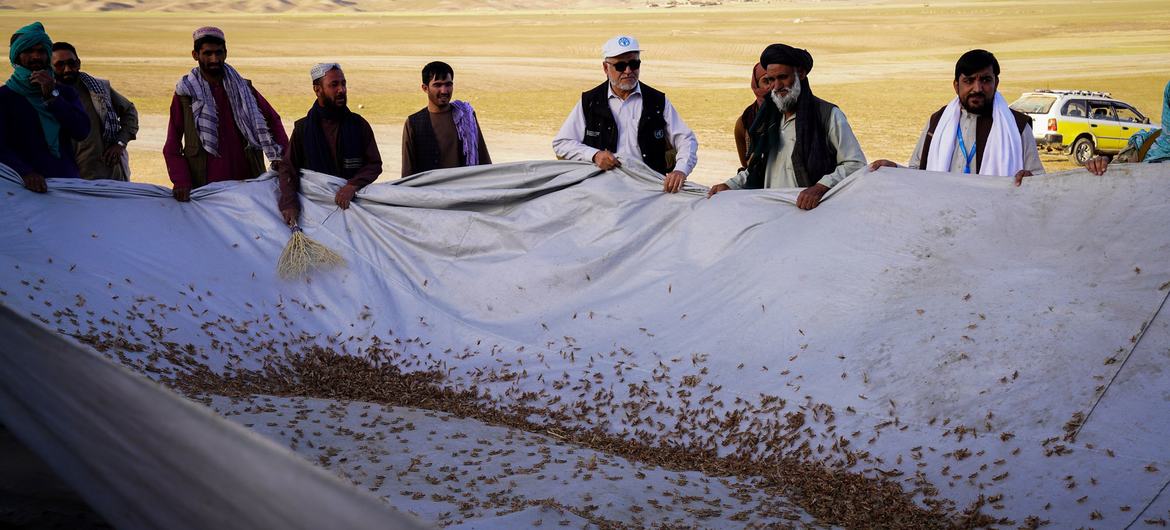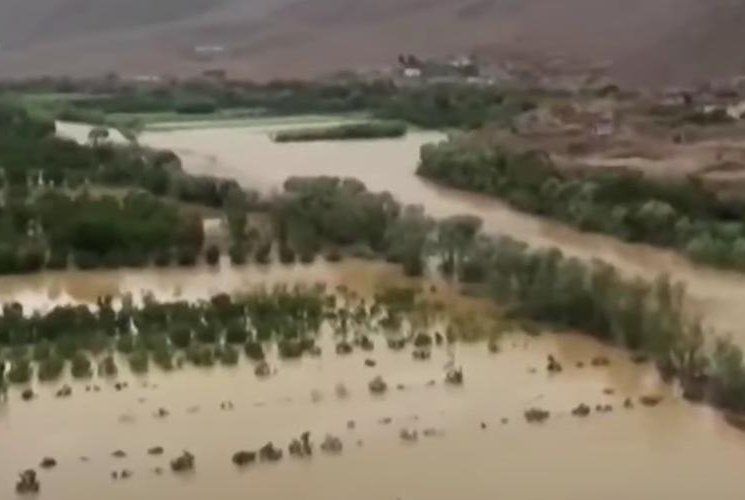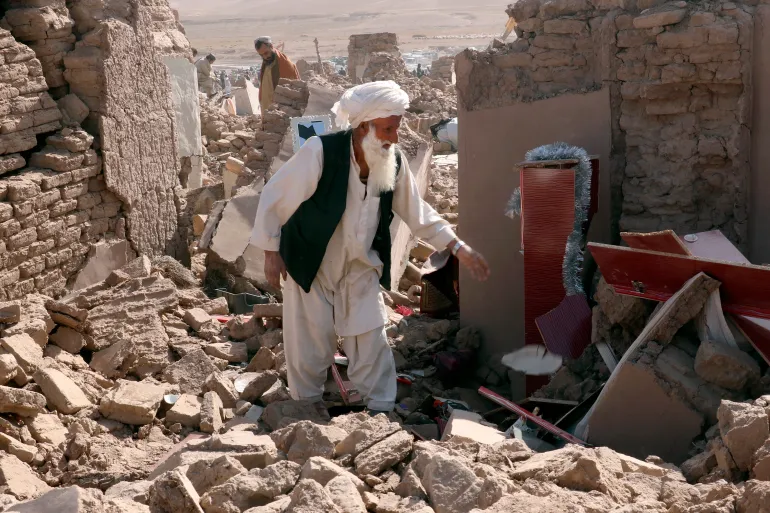India Supports Afghanistan in Locust Battle with 40,000 Litres of Malathion

New Delhi — The Food and Agriculture Organization (FAO) of the United Nations in Afghanistan has expressed gratitude to India for supplying a critical shipment of 40,000 litres of Malathion, a powerful pesticide, to combat the ongoing locust menace.
“Good to see we have allies in the struggle against #locusts in Afghanistan; thanks to the support of @IndianEmbKabul,” stated the Food and Agriculture Organization of UN in Afghanistan on X.
The Malathion pesticide, known for its effectiveness in arid regions and minimal water usage, was delivered in two trucks and officially handed over to the Ministry of Agriculture, Irrigation and Livestock of the Taliban-controlled Afghanistan government.
This timely aid not only addresses the immediate locust threat within Afghanistan but also plays a crucial role in preventing the spread of locusts to neighboring Central Asian countries.
Expressing gratitude for the assistance, the Taliban-controlled Ministry of Agriculture highlighted that the support came through the Chabahar port, emphasizing the collaborative efforts in the region.
The significance of this aid extends beyond Afghanistan’s borders, safeguarding Central Asian nations, particularly Tajikistan, Uzbekistan, and Turkmenistan, from the devastating impact of locusts on crops.
Locusts, known for their vegetation-destroying abilities, pose a significant threat to food security, making international cooperation crucial in combating this menace. The locust issue reached its peak in neighboring Pakistan in early 2020, prompting a national emergency declaration.
Similarly, India faced a large-scale locust incursion in several states, including Rajasthan, Gujarat, Punjab, Madhya Pradesh, Uttar Pradesh, and Maharashtra. The collaborative efforts between India and Afghanistan underscore the importance of regional cooperation in addressing common challenges and ensuring agricultural stability.



















Facebook Comments